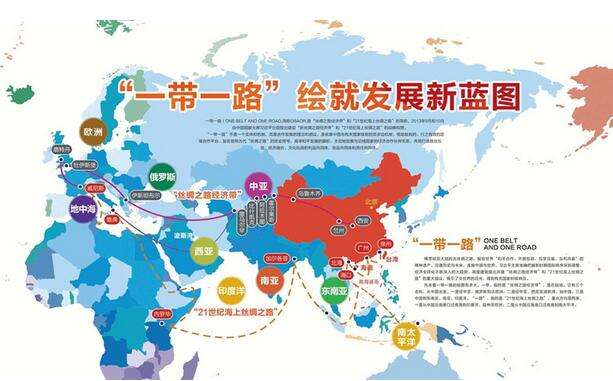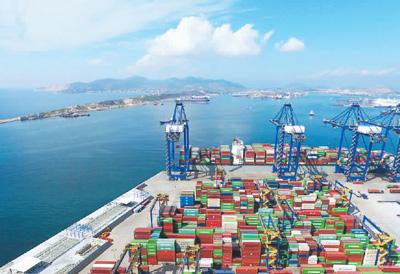联合国亚太经济社会委员会执行秘书在“中国PPP良好实践”国际研讨会上
Shamshad Akhtar的视频发言
Video Presentation on International Symposium on the Good Practices ofChinese PPP & the Inauguration Ceremony of the Chinese Academy of PPP Governance
Dr. Shamshad Akhtar,
Under-Secretary-General ofthe United Nations & Executive Secretary of
The Economic and SocialCommission for Asia and the Pacific
Resilient infrastructure is the backbone of competitive economies, but can also contribute to inclusive and equitable societies. Its importance is fully recognized by the 2030 Agenda for Sustainable Development. Upgrading old, and building new infrastructure, is a clear priority. But how this will be financed in the Asia-Pacific region remains an open question which Public Private Partnerships - PPPs - can help us answer.
Our region’s infrastructure financing needs are vast. Emerging economies will need to invest as much as $26 trillion in infrastructure by 2030. We estimate the needs of the least developed, landlocked and small island developing countries to be equivalent to 10.5 per cent of their GDP. This far exceeds current levels of infrastructure funding. National budgets cannot close this gap alone. Private sector investment is needed and intelligently designed PPPs can attract it. While developing effective partnerships can be challenging, the Chinese experience demonstrates PPPs’ great potential. With more than 10,000 projects in the pipeline with a total value of $2 trillion, China has become the largest PPP market in the region.
Let me highlight three components ESCAP believes are essential to develop successful PPPs.
First, governments must buildthe right legislative framework and champion its use. Good progress has been made in this area. Three quarters of countries in our region have enacted PPP laws or adopted dedicated guidelines. Governments championing PPP programs at the highest level can then positively influence implementing agencies and provide certainty to the private sector.
Second, sufficient resources need to be allocated to PPP project development and selection, so those with the highest potential are implemented. The capacity to manage PPP projects within public entities must be reinforced so that risk allocation is balanced and projects structured to improve public services delivery. ESCAP is supporting this with a PPP capacity building programme - including an online training programme which I am pleased the China PPP Centre has recently adopted.
Third, good governance is essential. Corruption in infrastructure is equivalent to up to 20 per cent of construction costs in some countries, with billions lost every year. So procurement processes must be fair and transparent – fostering competition and value for money. Clear standards governing stakeholder consultation and environmental and social impact assessments must be upheld to deliver sustainable infrastructure solutions.
I see great value in promoting exchange of best practice among countries at different stages of development to improve the development impact of PPP projects in the Asia-Pacific region. ESCAP has been collaborating with a network of PPP Units to develop knowledge materials to support countries in their efforts. We welcome the China PPP Center’s proposal to work together to strengthen this work and are looking forward to taking forward this new collaboration.
I thank you for your attention and wish you a successful symposium.
延伸阅读:
UNESCAP位于泰国首都曼谷,是联合国经济社会理事会下属5个区域经济委员会之一(其他4个分别为欧洲经济委员会、非洲经济委员会、拉丁美洲和加勒比经济委员会、以及西亚经济社会委员会),是亚太地区建立最早、代表性最为广泛的政府间多边经济社会发展组织。其宗旨是通过区域和次区域合作促进亚太地区社会经济的发展。目前,UNESCAP有53个正式成员和9个准成员,包括几乎所有亚太地区国家和俄罗斯、土耳其、伊朗,美国、英国、法国、荷兰等。其区域人口达41亿,占全球人口2/3。UNESCAP在“一带一路”国家中具有重要影响力。
UNESCAP开展PPP工作近10年,主要包括:支持区域内各国开展政府方能力建设,进行PPP专题研究并开发相关知识产品,为区域内各国制定PPP政策提供技术支持,促进各国PPP经验的学习交流。
来源:财政部PPP中心













